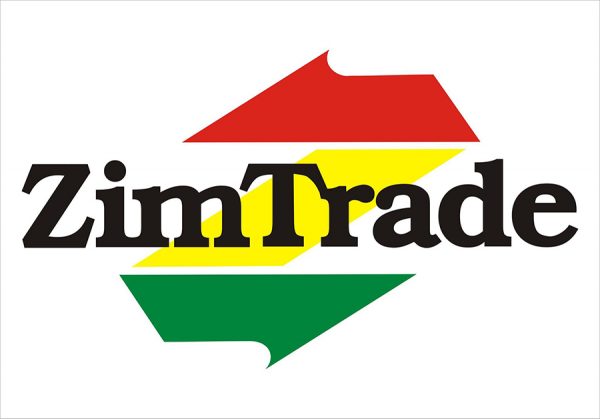
TRADE promotion body, ZimTrade, says reducing the amount of time it takes to export by at least 10 days would result in gains to the gross domestic growth rates of 2 to 4%.
BY TATIRA ZWINOIRA
This comes as the cumulative deficit, since the beginning of the year, stood at $1,8 billion at the end of August.
Speaking at the Maximising Competitive Advantage to Drive Export-Led Growth conference in Harare yesterday, ZimTrade chief executive officer, Sithembile Pilime said there was need to reduce documentation to allow for only relevant and efficient regulations to be in place.
“We are saying that regulations can be put at different times for different purposes. Sometimes we carry them on, do not review or update them, while the world is changing in terms of trade dynamics. So there is need for us to look at that. There is a need to simplify documentation and the processing time,” she said.
The government is stepping up efforts to boost exports through various measures including import regulations.
ZimTrade reduced the 53 days it takes to export by reviewing bureaucracies and regulations associated with exports. The average time it takes to process exports in sub-Saharan Africa is 31 days, rendering Zimbabwe uncompetitive.
In South Africa, it takes 16 days to export, Zambia (44 days), while in Botswana, 27 days are needed to process exports.
- Chamisa under fire over US$120K donation
- Mavhunga puts DeMbare into Chibuku quarterfinals
- Pension funds bet on Cabora Bassa oilfields
- Councils defy govt fire tender directive
Keep Reading
Part of the bureaucracies associated with the delay include paying an average of $3 765 to ship goods per container, the highest in Southern Africa.
Among the impediments, ZimTrade identified the temporary export permits (TEP) required for goods exported for exhibition and a deposit of 10% of the value of goods being exported from the company as the most challenging. The need for the review comes as the government was accepted as a member of the African Trade Insurance Agency (ATI).
ATI is a multilateral financial institution providing export credit, political risk and investment insurance and other financial products to help boost trade in Africa.
The membership will reduce the cost of doing business by providing political risk and credit insurance, non-payment and investment cover for importers, exporters and investors.
“It is industry that bears the immediate burden of the impediments to exports, as they interface with the realities of inefficient and costly regulatory environment. It is, therefore, fitting that industry should be in the lead in identifying these unprogressive and burdensome regulations, as well as proposing remedies to the challenges they face,” Industry and Commerce minister Mike Bimha, in a speech read on his behalf at the conference by acting permanent secretary, Florence Makombe, said.
Zimbabwe’s top exports are tobacco, consisting of 33%, minerals (31%), ores, slag and ash (9%), iron and steel (6%), and sugar and sugar confectionary (4%), among a few.
Senior adviser of customs and trade facilitation at Crown Agents based in the United Kingdom, Jon Walden, said the government needed to simplify the export processes, reduce bureaucratic intervention — self-certification where appropriate, and encourage the use of international protocols.
He said there was need for the government to support trade associations, improve intermodal infrastructure and capability, consider trade facilitation holistically — procedures, controls, finance, logistics and embrace appropriate ICT solutions, among others.











